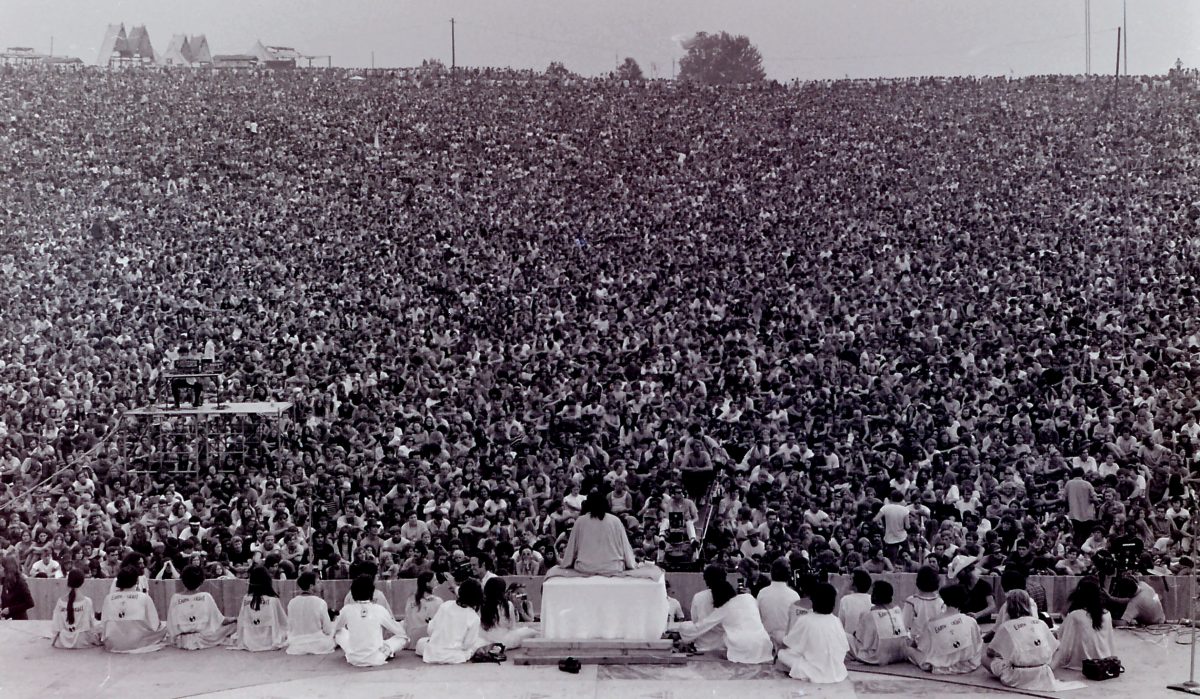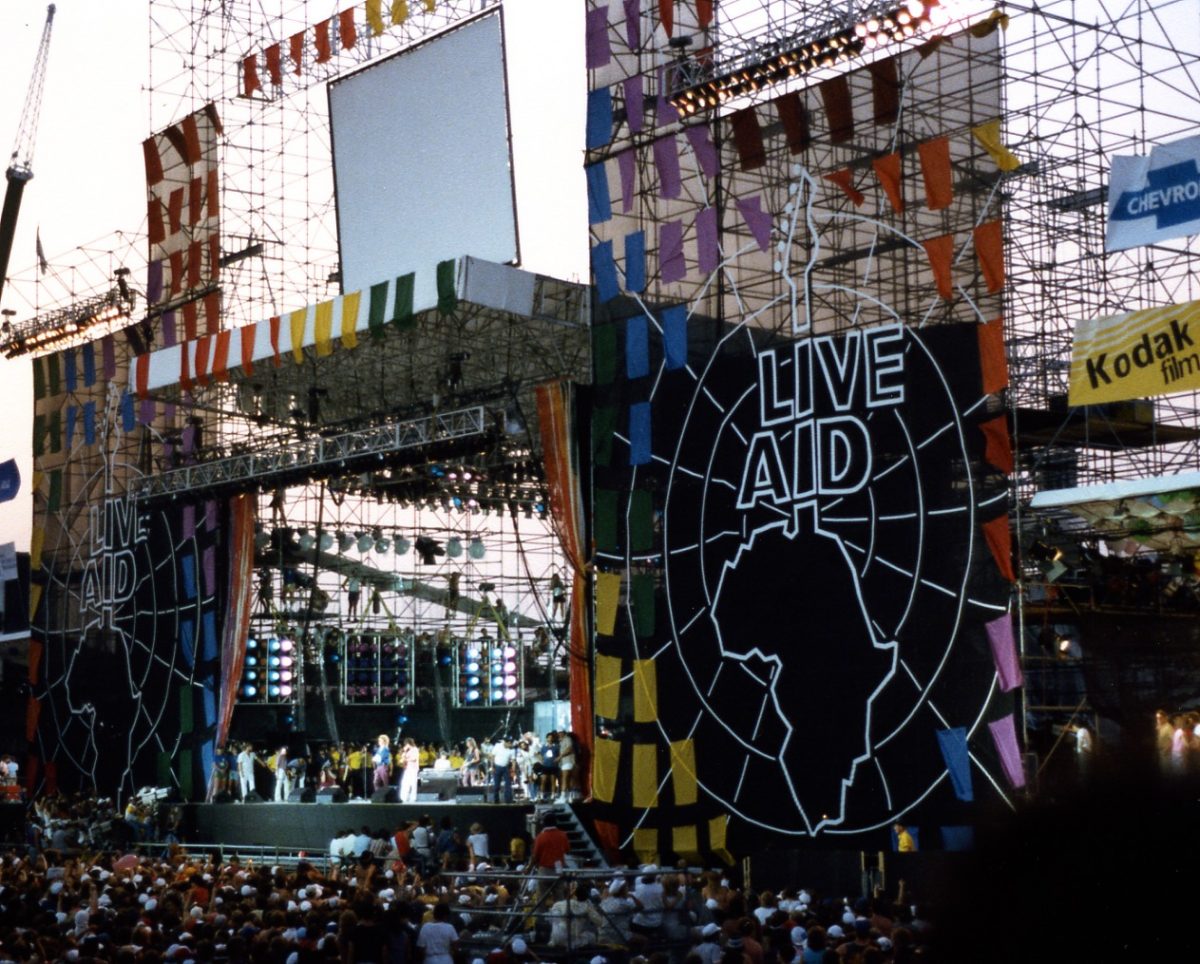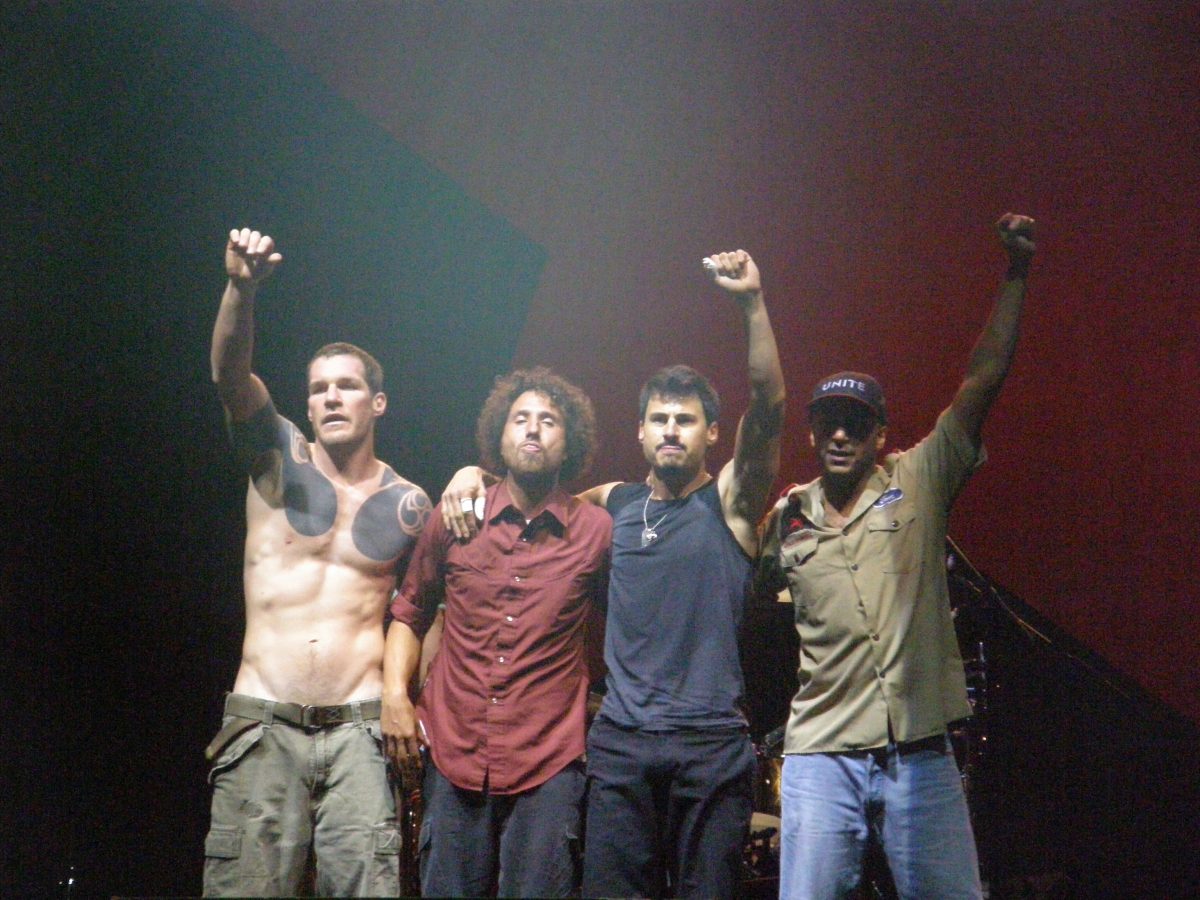Music has been a tool for protesting for a multitude of generations, from anti-war folk music of the 60s, punk rock in the late 70s that protested poor economic conditions for youth, and rap in the 80s that was concerned with racial politics.
Dr. Alexander Carpenter from the University of Alberta says, “Ideally, music can bring about political awareness, and perhaps even change, and music can be directly linked to popular movements in favor of or against governments, policies, etc.”

Music and politics go hand in hand. Politicians often use music to promote their campaigns. In a paper on the connection between music and politics, John Street says, “The music chosen to accompany election campaigns acts as a form of propaganda. It serves to evoke particular images and associations, much in the same way that politicians’ photo-opportunities with pop or film or soaps stars are supposed to do.”

Credits: Creative Commons
One of the big politically driven bands in recent years has been Rage Against the Machine. The group has always focused on political issues in their music, including racism, economic inequality and war. The group recently announced that all four members would be reuniting for several shows in mid-April of 2020, including a headline show at Coachella. After an eight-year long hiatus, is the group reuniting now as way of protest? Or are they just looking to make a quick buck?

credits: Flickr
Vince Neilstien of MetalSucks said, “I think it’s a combination of right time/right place, the band feels an urgent need to enter back into the political fray now.”
However, is music as effective politically today as it once was? Carpenter thinks so:
“The fact that music is entertaining is why it is effective politically. People like to listen, and music intensifies a message and can make it more memorable. Music has arguably always been political.”
